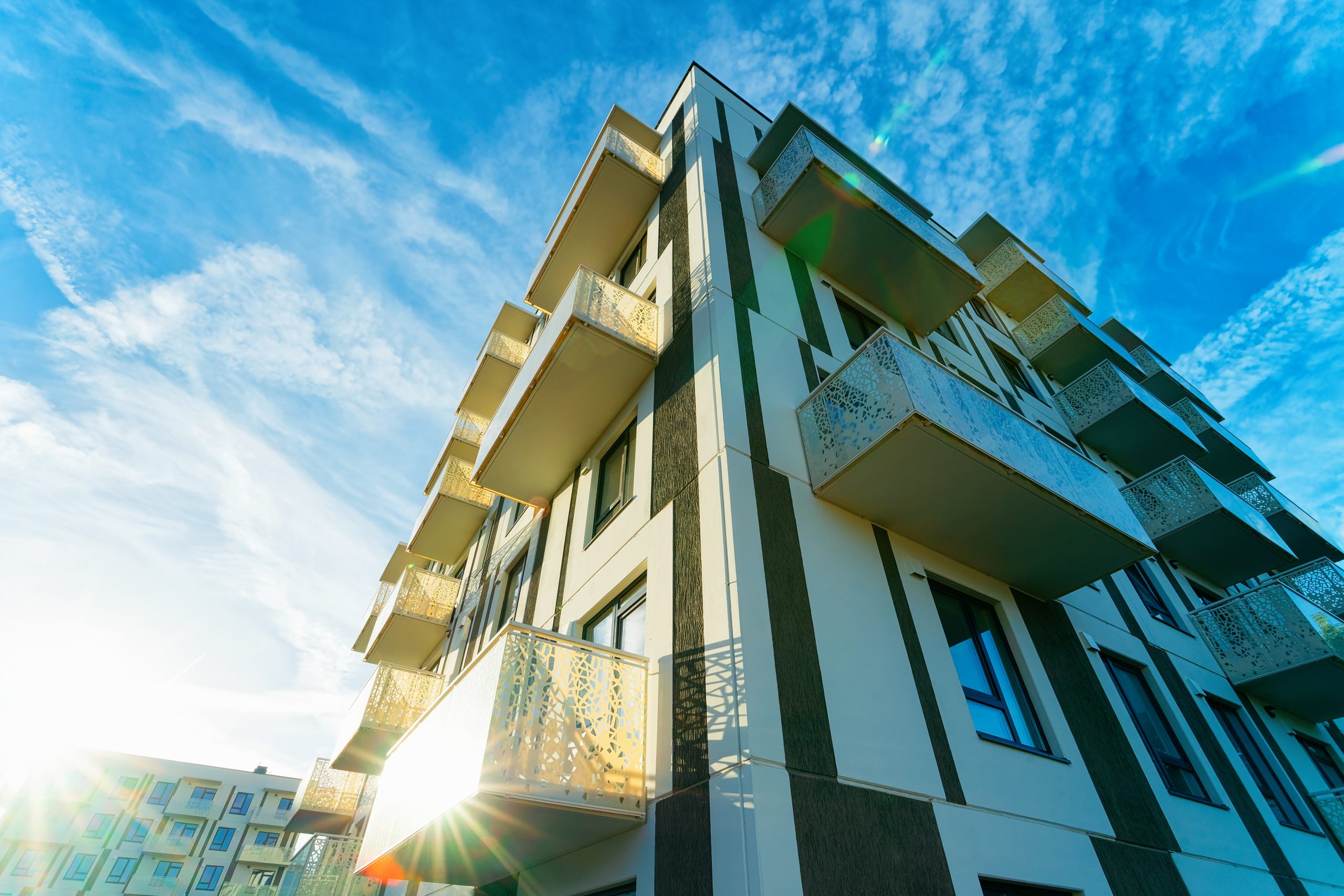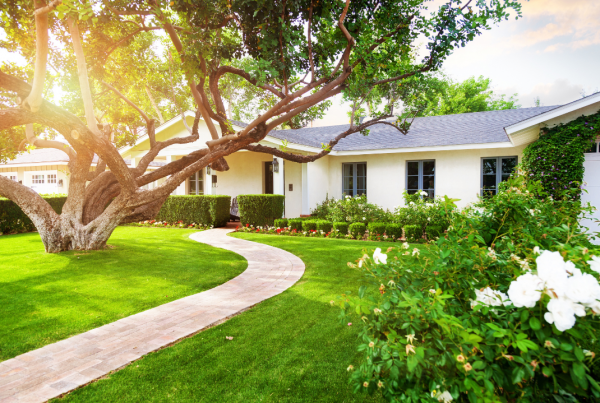If you’ve ever watched an episode of House Hunters on HGTV – or if you’ve ever actually shopped for a home yourself – you know that single-family homes, condominiums, and townhouses are the three primary kinds of properties real estate agents show their buyers.
Each option caters to different lifestyle preferences and has some inherent advantages and drawbacks. There’s only so much a half-hour show can cover (and only so much you can pay attention to amid your frustration that a part-time yoga instructor has a $3 million budget) so here are a few of the pros and cons for these property types.
SINGLE-FAMILY HOMES
Pros:
- Privacy and space. Depending on the location and how the neighborhood is laid out, single-family homes can offer better privacy and more living space, both indoors and outdoors. You can enjoy large yards, create a lush garden, and possibly even install a private pool without sharing these amenities with neighbors.
- Customization: Owning a single-family home usually provides the freedom to personalize the property to your personal style and preferences. Assuming it doesn’t constitute a code violation where you live, everything from removing interior walls to getting ambitious with landscaping is on the table!
- Potential for equity growth. Historically, single-family homes have appreciated in value over time, allowing you to build equity and potentially get more back when you sell than what you originally paid.
Cons:
- Higher maintenance costs. With more interior space and exterior elements, single-family homes tend to have more elements that require maintenance compared to other types of properties.
- Costly upfront investment. The initial purchase price of a single-family home can be higher than that of a condominium or townhouse, requiring a more substantial down payment and mortgage. Of course, it all depends on the specific properties you’re comparing.
- Responsibility for repairs. You are solely responsible for all of the maintenance and repairs your home requires. You can’t call your homeowners association and have them handle it!
CONDOMINIUMS
Pros:
- Lower maintenance. Condos often (if not always) have shared maintenance responsibilities that are covered by a homeowners association (HOA). That can significantly reduce the time and effort you need to spend on upkeep.
- Amenities. Many condos offer community fitness centers, pools, and other common spaces, providing a fun and convenient lifestyle without the extra responsibility and investment.
- Affordability in desirable areas. Condos often provide a more accessible entry point into certain urban or high-demand locations where the price of a single-family home might be out of reach. There’s also the potential for the value to increase over time, just like with any other property type.
Cons:
- Limited privacy. Condo dwellers usually are in very close proximity to neighbors, like what you expect to see in an apartment building. This might not be ideal for your particular lifestyle.
- Monthly fees. Condo owners are almost always subject to monthly HOA fees, which cover shared expenses. Some might include things you would pay for anyway, such as water or property insurance, but others might be for something you may hardly or never use.
- Less customization. Some condo owners might have limited freedom to customize their living space due to HOA regulations and restrictions.
TOWNHOUSES
Pros:
- Space and affordability. Townhouses often offer more space than condos and at a relatively lower cost than single-family homes, making them a great middle-ground option for budget-conscious buyers.
- Community vibe. Similar to condos, townhouse neighborhoods often provide shared amenities and a sense of community, plus an increased feeling that you actually have an ownership stake of a piece of property, not that you’re simply occupying a unit in a huge building.
- Potential for equity growth: Like single-family homes and condos, townhouses have the potential to appreciate in value, allowing you to build equity and personal wealth over time.
Cons:
- Limited exterior space. While townhouses may have private outdoor areas, they almost always have less land than single-family homes, which can limit your landscaping vision.
- HOA regulations. As a townhouse owner, you may still be subject to HOA rules and fees, which could impact your freedom to modify your property.
- Shared walls. Townhouses typically share at least one wall with neighboring units, which can cause concerns about noise and privacy.
One of the beauties of shopping for homes is all the variety that’s out there. Everyone’s situation is different, and what might work for you might not work for someone else. Your agent can help you sort out all the options and land on a place that’s perfect for you and your family.
When it’s time to talk financing, we’d be honored if you would contact your local Homeowners Licensed Mortgage Professional. And if you really are a part-time yoga instructor who we can approve for a $3 million purchase, that’s more than fine with us!





